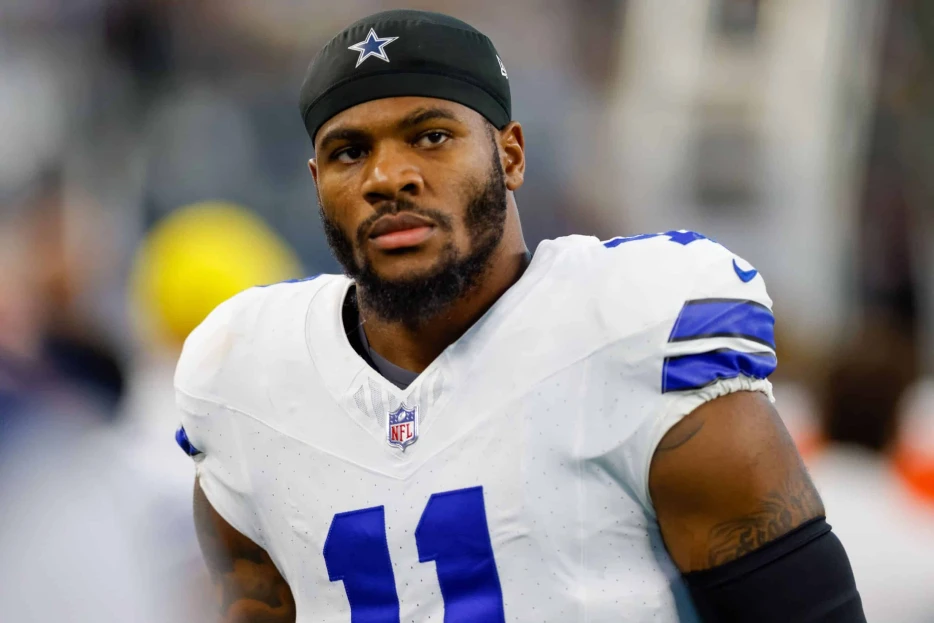
 NFL Trade Rumors
NFL Trade Rumors
It wouldn’t be summer in Dallas without some contract drama, and DE Micah Parsons has obliged in recent days. Parsons has been eligible for a new deal since last offseason and has made it clear he’d prefer to have that wrapped up sooner rather than later.
Of course, the Cowboys prefer to take the opposite approach to these massive contracts despite a credible argument they’re costing themselves money and team chemistry. Owner Jerry Jones seems to relish the headlines, and there have certainly been plenty of those since Parsons reached a boiling point and requested a trade.
Parsons laid out the situation in a lengthy social media post and it covers the meat of the disagreement pretty well, so I’ll let him speak for himself.
Thank you Dallas ! I pic.twitter.com/EUnEj9uRUt
— Micah Parsons (@MicahhParsons11) August 1, 2025
One of Jones’ favorite negotiating tactics is to speak to players directly, circumventing the agent as much as possible, and there are tons of examples of him trying to pull this off. Jones does this to try and get a better deal, taking advantage of players who are paid to play football, not negotiate high-profile contracts. In this case, Parsons didn’t fall for it and there’s been some fallout.
Trade requests are another tactic worth digging into, as they’re one of the tools players frequently use in negotiations to try and exert leverage for their side of things. When a player asks a team to trade him, it does an extraordinary job of generating headlines. It’s far less effective at actually catalyzing a trade. Ravens QB Lamar Jackson, Bengals WR Tee Higgins, 49ers WR Brandon Aiyuk and Browns DE Myles Garrett are just a small handful of players who have requested trades the past few years. All ended up signing long-term deals instead. Money — lots of it — tends to patch over these situations.
In the vast majority of these situations, players are already under contract which limits their leverage. If they don’t play, they don’t get paid and get fined on top of that. Teams and players both want to avoid the nuclear option of a holdout, providing extra incentive for a compromise on the contract.
That’s the most likely outcome here. The Cowboys will eventually come to the table with an offer for Parsons that resets the market at his position, which at this point is well over $40 million a year given how many other edge rushers have signed deals this offseason. This is what happened with QB Dak Prescott, WR CeeDee Lamb and RB Ezekiel Elliott, the other high-profile contract situations in Dallas recently. There’s almost no incentive to trade Parsons now when he’s still under contract for the upcoming season and there’s no way to really replace him.
But let’s just suspend belief for a second. If the Cowboys somehow did decide they’d rather trade Parsons than pay him, what would that deal look like?
There are...